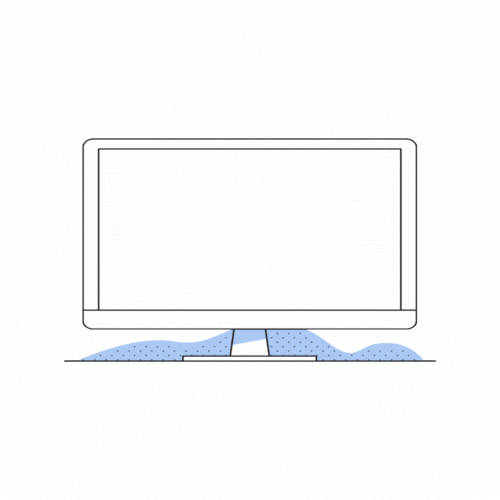_edited.png)
OUR VISION
Creating a world where knowledge is accessible, understanding is shared, and the power of science is embraced. Together, we can unlock a future full of possibility and hope.
THE PROBLEM

The math isn't mathing.
44.24%
By the year 2030, the population of BIPOC communities in the United States is projected to represent 44.24 percent.
84%
84 percent of people of color make up the worldwide majority, while caucasian communities only account for 16 percent.
80% - 90%
However, a large majority of those taking part in clinical trials for new medications are disproportionately Caucasian - sometimes as much as 80 to 90 percent.
OUR FOCUS
.png)

.png)
.png)

_edited.png)
We are dedicated to forming trusted relationships with BIPOC communities, hinging on four core areas: representation, research, education, and engagement.
We acknowledge the impact of cultural values on the decisions made by people of color in individual, communal, and international contexts.
We are set on creating a system of interaction based on this knowledge and understand that Black, Indigenous, Latinx, and Asian individuals have faith in their own communities.
R'Kes Starling, Founder & CEO
When my Mom was diagnosed with an unusual lung condition, we started researching potential treatments. We discovered a trial available for her, but it was too far away for her to participate. Seeing my mother's disappointment was a pivotal moment for me. I was a high-ranking executive in the healthcare sector for McKesson, responsible for over 300M in business, and I was still unable to help her. Fortunately, she overcame her illness, which inspired me to create Reveles to ensure that underserved populations can be a part of finding cures for current and future generations.


Innovating the discovery process with a tech-enabled platform while amplifying BIPOC healthcare education and engagement.
*available US domestically only
WHY DECENTRALIZED
.png)
70%
70% of potential participants live more than 2 hours away from their nearest study center which limits recruitment and retention. (1)
80%
Out of 40,000 clinical trials recruiting in the US, 80% were delayed due to recruitment challenges. (2)
85%
85% of clinical trials fail to retain enough patients. (3)
30%
Across all clinical trials the average drop-out rate is 30%, when more than 12,000 people. (4)
75%
More than 75% responded that collecting all data on their own at home or having nurses come to their home for all study visits were appealing choices (3)


